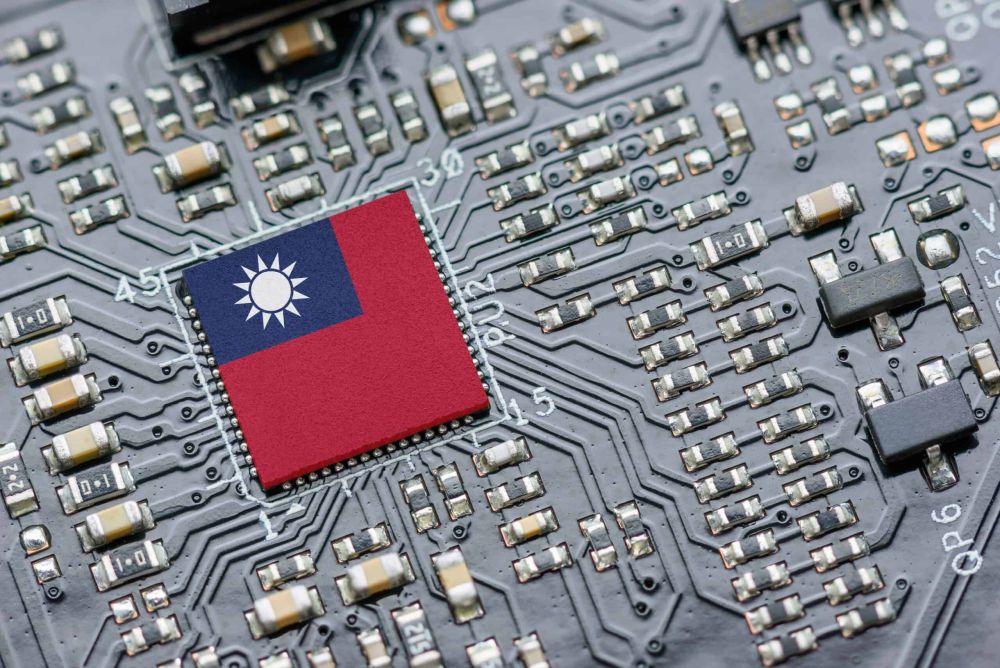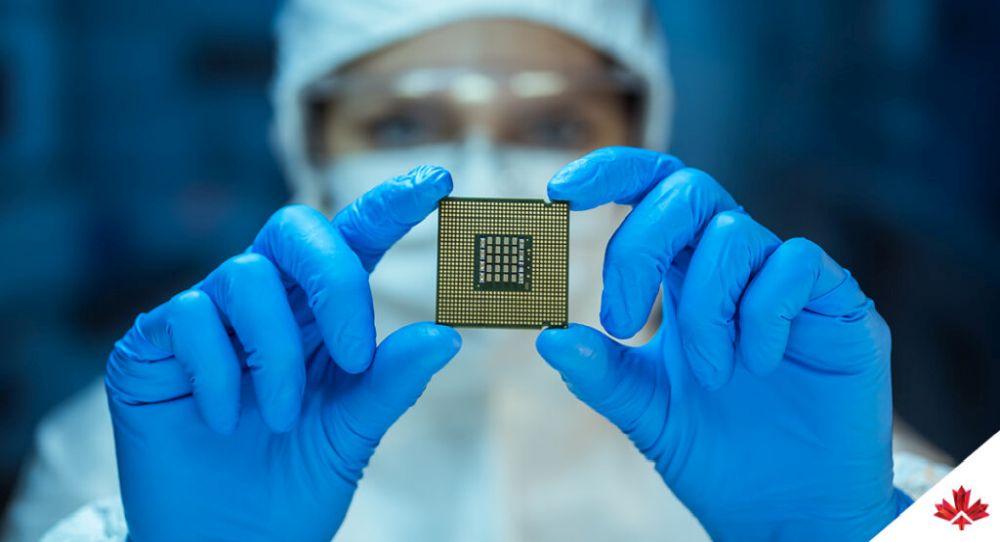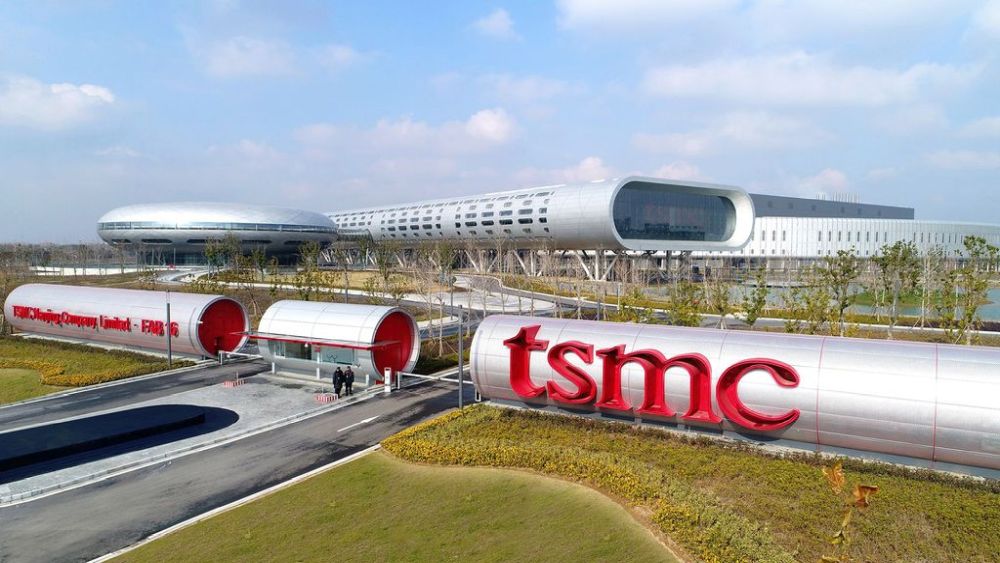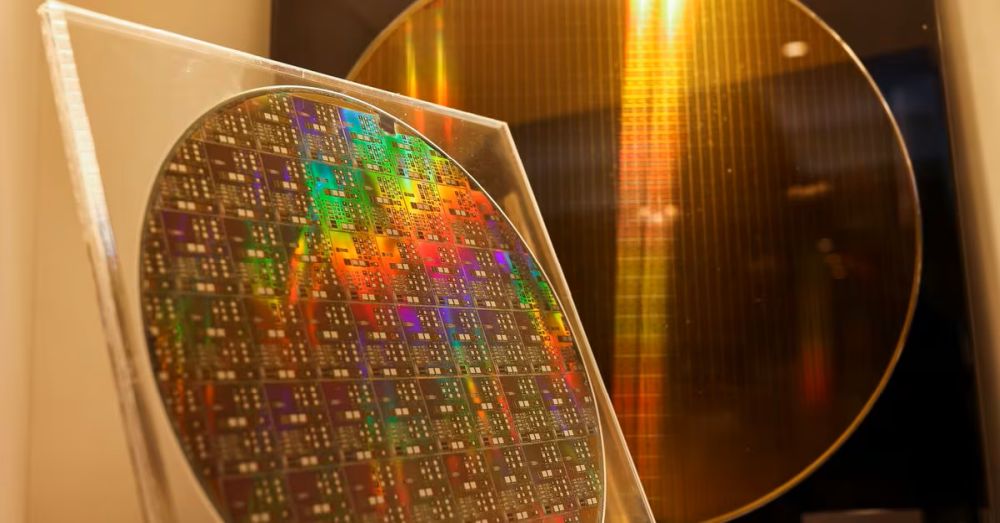Taiwan’s semiconductor industry stands as a towering colossus in the global technological arena, commanding a formidable 68% market share. With China’s eager gaze fixed upon its shores, recent revelations of enticing pay offers to Taiwanese talent underscore the intense competition. As Taiwan’s President-elect lays out ambitious plans for industry advancement, the intricate dance between economic integration and strategic interests takes center stage, promising a dynamic landscape fraught with challenges and opportunities.

Taiwan reigns supreme with an impressive 68% market share, dominating the landscape as the foremost provider of advanced chips worldwide. Positioned about 1,300 miles away, China eagerly eyes a slice of this lucrative pie. In May, Taiwanese authorities uncovered enticing maneuvers by Chinese enterprises, dangling a whopping 500% pay raise to entice Taiwanese engineering talent across the strait. Reacting swiftly, Taiwan’s labor ministry promptly instructed job platforms to expunge such enticing listings, safeguarding its domestic workforce.

At the heart of Taiwan’s semiconductor prowess lies TSMC, a pivotal firm responsible for nearly 90% of the globe’s cutting-edge chips, integral to AI and quantum computing. Powering Apple’s bespoke chips and supplying CPUs and GPUs to tech giants like Nvidia and Qualcomm, TSMC stands as a beacon of innovation. Looking ahead, President-elect Lai Ching-te articulates ambitious plans for the industry’s advancement, envisioning a comprehensive development blueprint spanning materials, research, design, manufacturing, and testing, poised to bolster the global economy.

China’s response to Taiwan’s recent political developments appears measured, a testament to Taiwan’s economic resilience, suggests analyst Claire Chu. China’s eagerness for economic integration underscores its strategic interests in harnessing Taiwan’s technological prowess and skilled workforce. Chu, a seasoned analyst at Janes, underscores the symbiotic nature of the political relationship between the two entities, historically geared towards fostering strategic business environments. Replicating Taiwan’s semiconductor success abroad poses significant challenges, emphasizing the irreplaceable value of Taiwan’s skilled labor force and its integral role in sustaining the industry’s growth.

In the broader global context, US semiconductor giants like Micron and Applied Materials have forged significant ties with Taiwan, while Taiwanese chip manufacturers have ventured into the US market. Despite TSMC’s ambitious $40 billion investment in a second chip plant in Arizona, operational hurdles stemming from a shortage of specialized labor loom large, necessitating strategic recalibration. Looking ahead, Chu underscores the imperative for Taiwan to leverage domestic expertise and collaborate with allies, particularly the US and Japan, to fortify a resilient global supply chain. Secretary of State Antony Blinken reaffirms the US’s commitment to safeguarding security interests in the semiconductor market, acknowledging Taiwan’s pivotal role in shaping global technological landscapes, a nod to Taiwan’s outsized influence reverberating from smartphones to household appliances.

To resume, Taiwan’s semiconductor industry emerges as a vital global player, navigating complex geopolitical dynamics while driving technological innovation. With TSMC at its helm, the nation’s prowess in chip production remains unrivaled. As Taiwan charts a course towards further advancement, collaboration with allies becomes paramount for sustaining a robust supply chain. With its outsized influence shaping the digital age, Taiwan continues to be a linchpin in the ever-evolving landscape of global technology.

